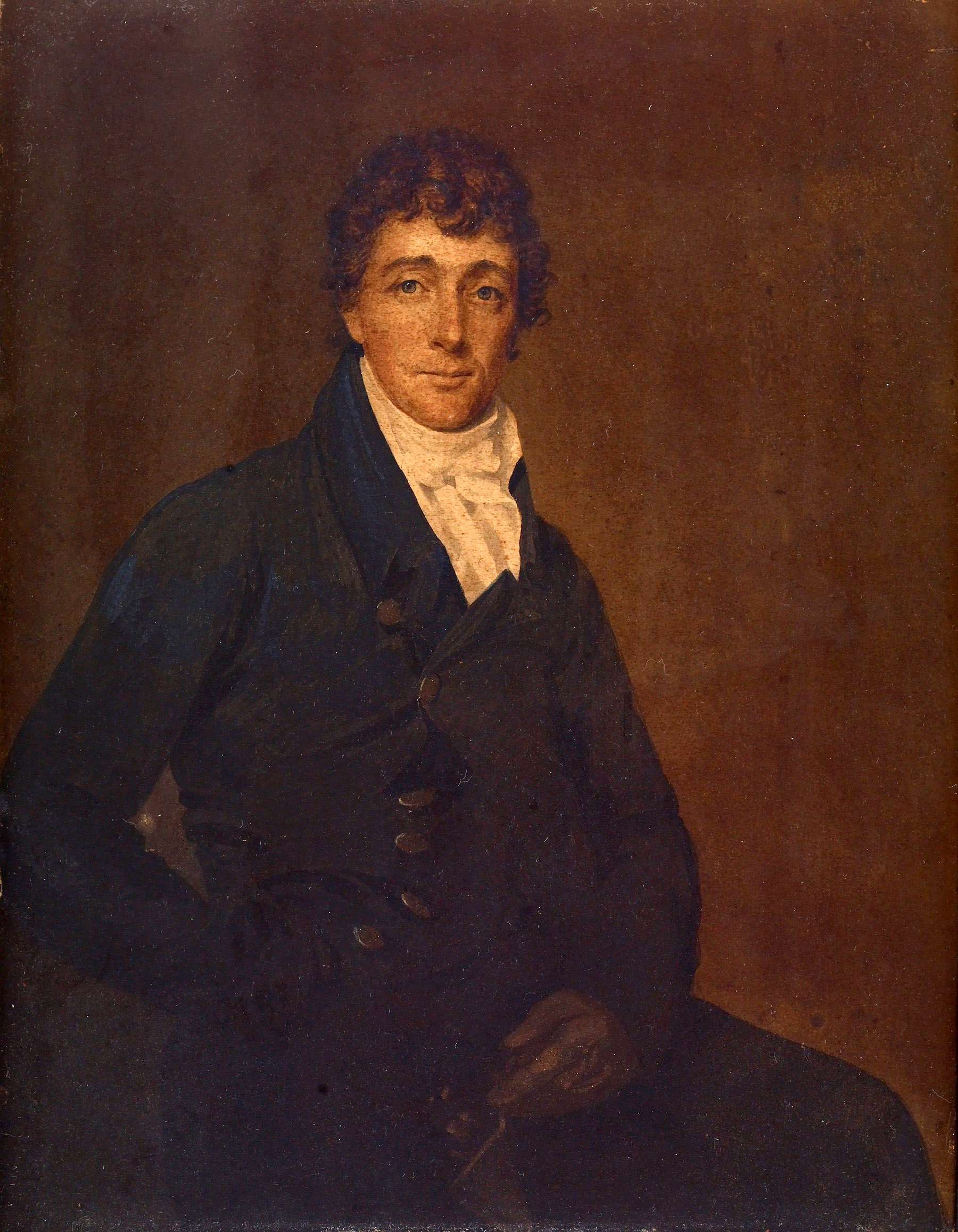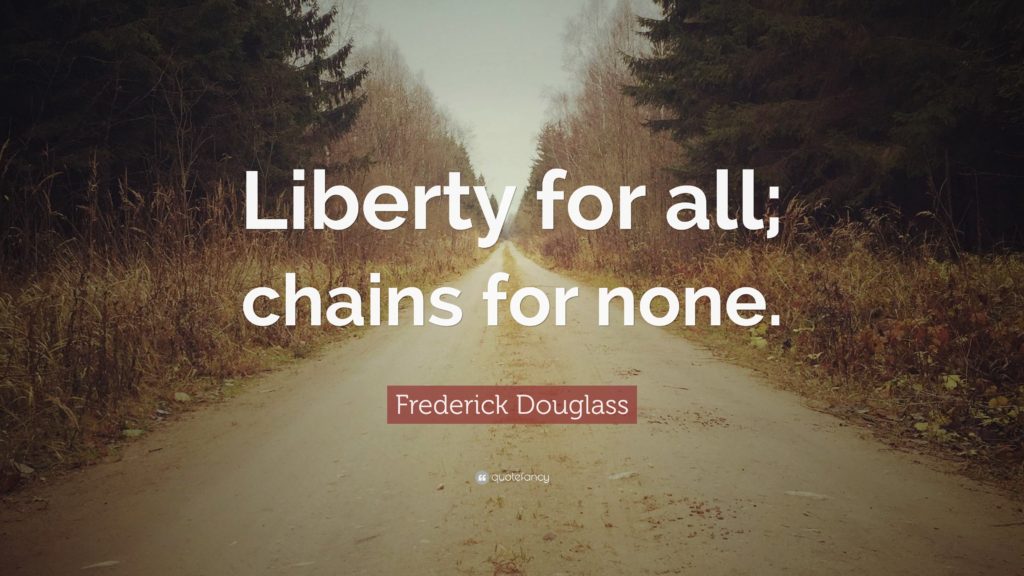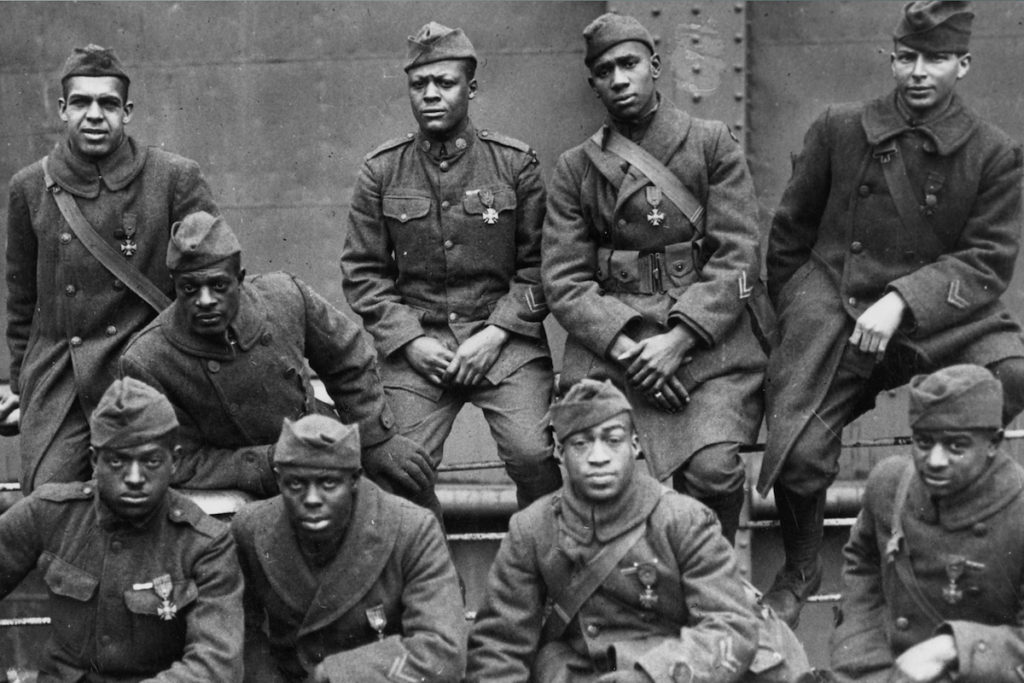
I WILL NEVER STAND

WHY HE REFUSES TO STAND ON THE NATIONAL ANTHEM
One African American man says, “I will never stand on the national anthem!” The link to this article was sent by someone who believes sharing this information will aid more people in understanding the origin of America’s The Star Spangled Banner. His belief grew out of The Writers Monthly’s July, 2018 article on the Black National Anthem, Lift Every Voice and Sing. To some … this information will not make a difference … to others … it will. To the editor of this magazine, the information should be shared if a greater understanding of our past, present and future is to be accomplished. Are we a nation where “liberty and justice for all” is essential or are we a nation where these words are far from our hearts? Does the national anthem really have a racist history?
THE NATIONAL ANTHEM’S HISTORY
Many beliefs during slavery were based on the idea that “whites” were superior to “blacks,” and many decisions were made that reflected those beliefs. Sadly, many Americans still hold that view. It is this view that prompted a man to voice, “I will never stand” on the national anthem. Why did he say that?

The editor reprinted his article from the NEW YORK TIMES in an effort to answer that question. After reading it, you can decide for yourself. The article was written by Shaun King.
SHAUN KING REPRINT OF “WHY I WILL NEVER STAND”
KING: “Why I’ll never stand again for The Star-Spangled Banner“
By SHAUN KING
|NEW YORK DAILY NEWS|
AUG 29, 2016 |1:02 PM
Francis Scott Key, who wrote “The Star-Spangled Banner,” celebrated slavery in the original lyrics. (ASSOCIATED PRESS)
I like peanut butter and jelly sandwiches. In a dream world the bread is super soft, like the Wonder Bread of my childhood, and the sandwich will have crunchy peanut butter, strawberry jam, and a cup of cold milk to go with it.
Maybe PB&J isn’t your favorite sandwich, but I want you to imagine your favorite comfort food for a moment. Maybe it’s a hamburger, a piece of pie, or a fruit smoothie. Whatever it is, just imagine yourself enjoying the very best version of your very favorite food.
HOW DOES PB&J COMPARE TO THE NATIONAL ANTHEM?
It’s perfectly delicious. Then, imagine yourself glancing up on the wall and seeing that the restaurant had a score of C minuses on their health inspection. Then you go to the restroom and it’s filthy. A man emerges from the stall having followed by the foulest odor you’ve ever smelled in your life, and you notice he’s still wearing his apron from the kitchen. Then, the unthinkable happens — the man who made your comfort food walks right past the sink and doesn’t even wash his hands.
You leave the restaurant in disgust. As you stand outside without even finishing your meal, you see the world’s largest rat dart out from under a gaping hole by the restaurant door. You are now completely undone. You are “call the health department and post an angry one-star review on Yelp” level undone. You don’t even want your money back. You just want to get the hell away from there. Your new dream come true would be to have one of those “Men in Black” wands waved over your face so that you could forget the implications of the meal you just ate.

I WILL NEVER GO BACK
Would you ever go back to the restaurant? Of course, you wouldn’t.
To me, right now, “The Star-Spangled Banner” is that peanut butter and jelly sandwich. I used to love it, but now I regret ever going anywhere near it. The man who made it — who uses the bathroom in his apron and doesn’t wash his hands, is the author of our national anthem, Francis Scott Key, who, as it turns out, was a terrible human being.
The “land of the free” didn’t really apply to the millions of people who were enslaved when “The Star-Spangled Banner” was written. (Markus Schreiber/AP)
Now that I have learned the truth about our national anthem and its author, I’ll never stand up for it again.
THE STAR SPANGLED BANNER

First off, the song, which was originally written as a poem, didn’t become our national anthem until 1931 — which was 117 years after Key wrote it. Most of us have no true idea what in the hell we’ve been hearing or singing all these years, but as it turns out, Key’s full poem actually has a third stanza which few of us have ever heard. In it, he openly celebrates the murder of slaves. Yes, really.
It goes like this:
No refuge could save the hireling and slave
From the terror of flight or the gloom of the grave,
And the star-spangled banner in triumph doth wave
O’er the land of the free and the home of the brave.
WAS FRANCIS TAKING ABOUT THESE GUYS?

While it has always been known that the song was written during American slavery and that when those words about this nation being the “land of the free” didn’t apply to the millions who had been held in bondage, few of us had any idea that the song itself was rooted in the celebration of slavery and the murder of Africans in America, who were being hired by the British military to give them strength not only in the War of 1812, but in the Battle of Fort McHenry of 1814. These black men were called the Corps of Colonial Marines and they served valiantly for the British military. Key despised them. He was glad to see them experience terror and death in war — to the point that he wrote a poem about it. That poem is now our national anthem.
WHY I REJECT THE NATIONAL ANTHEM
While I fundamentally reject the notion that anyone who owned other human beings was either good, moral, or decent, Francis Scott Key left absolutely no doubt that he was a stone, cold bigot. He came from generations of plantation owning bigots. They got wealthy off of it. Key, as District Attorney of Washington, fought for slavery and against abolitionists every chance he got. Even when Africans in D.C. were injured or murdered, he stood strong against justice for them. He openly spoke racist words against Africans in America. Key said that they were “a distinct and inferior race of people, which all experience proves to be the greatest evil that afflicts a community.”
While San Francisco 49ers quarter back Colin Kaepernick has refused to stand for the national anthem because of the overflowing abundance of modern day injustice in America, he has helped bring to light the fact that this song and its author are deeply rooted in violent white supremacy.
NO REFUSE CAN SAVE THE . . . SLAVE
I will never stand for “The Star-Spangled Banner” another day in my damn life. I don’t care where I am or who’s watching. The statue of the racist Cecil Rhodes, which stood tall in South Africa as a painful relic from white supremacists until March of 2015, was finally removed once and for all. It should’ve never been erected. It should’ve been removed a very long time ago, student leaders made it clear that they had had enough.
Like Kaepernick, I’ve had enough of injustice in America and I’ve had enough of anthems written by bigots. Colin Kaepernick has provided a spark.
“The Star-Spangled Banner” should’ve never been made into our national anthem. That President Woodrow Wilson, widely thought to be one of the most bigoted presidents ever elected, chose it as our national anthem, is painfully telling as well. We must do away with it like South Africans did away with their monument to Cecil Rhodes. We must do away with it like South Carolina did with the Confederate Flag over their state house.
THE THIRD VERSE REPRESENTS . . .
Of course, removing the culture of white supremacy does not necessarily remove its effects, but we must simultaneously and passionately address both. I’m joining Colin Kaepernick, who joined in with the spirit of Rosa Parks, by standing up for our rights by sitting down. I hope you join us.
Editor’s Note: The full third stanz of America’s National Anthem:
And where is that band who so vauntingly swore,
That the havoc of war and the battle’s confusion
A home and a Country should leave us no more?
Their blood has wash’d out their foul footstep’s pollution.
No refuge could save the hireling and slave
From the terror of flight or the gloom of the grave,
And the star-spangled banner in triumph doth wave
O’er the land of the free and the home of the brave.
More Information
https://www.theroot.com/star-spangled-bigotry-the-hidden-racist-history-of-the-1790855893
